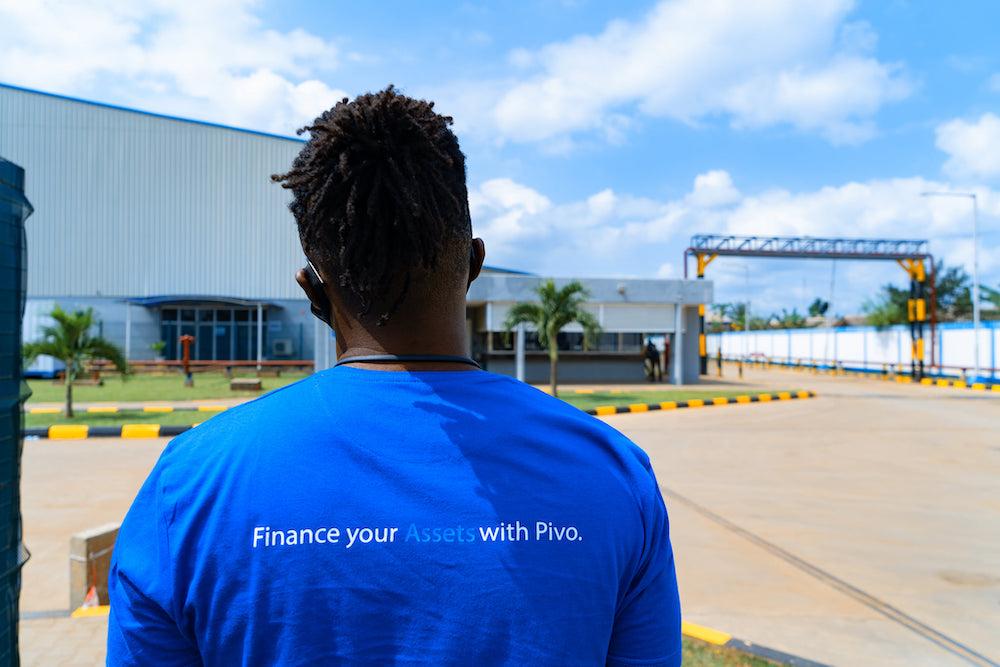ImpactAlpha, June 1 – The excitement—and volume of capital—surrounding African venture capital is facing a downturn. One sector sure to feel the investor retreat: fintech.
Startups in the hottest VC sector in Africa attracted more than $7 billion since the start of 2021, with fundraising at an even faster pace this year than last year, at least until recently. Many of the startups targeting digital banking, crypto-trading and small-business finance are claiming to advance financial inclusion on a continent where most adults don’t use or have access to traditional bank accounts.
But not all are supporting responsible financial inclusion. Lending to support productive uses that generate revenues and improve livelihoods may prove most resilient; providers of unsecured personal loans may be at risk, says Mercy Corps Ventures’ Scott Onder.
Follow the money
More than 300 fintech startups have raised venture equity, debt or grants totaling $3.9 billion since the start of 2021, according to ImpactAlpha’s analysis of the Africa: The Big Deal database curated by GSMA. At least 75 have raised multiple rounds. Included in our review: enterprise tech startups that are branching into financial services.
Companies enabling small business financial services have raised about $770 million, including $100 million-plus rounds for Kenya’s Wasoko, Egypt’s MNT-Halan and Nigeria’s TradeDepot. Other hot fintech sectors: providers of cross-border payments, remittances, and digital payments, like Nigeria’s Interswitch, which just scored $110 million.
Adoption of cryptocurrency trading and payments is skyrocketing in Africa, though the total value of cryptocurrencies traded is still small. Two dozen startups facilitating blockchain and crypto-based financial services have raised more than $130 million. Cameroon’s Ejara raised early funding to enable cryptocurrency trading and other investments for African consumers. Kenya’s Kotani Pay raised a seed round to integrate cryptocurrencies into digital payment apps. The biggest raises: South Africa’s Valr and Kenya’s Mara.
Neo-banking
Digital banks and startups offering basic consumer finance products—many to first-time users—have raised at least $1.5 billion since the start of 2021. Senegal and U.S.-based mobile money services company Wave claimed $200 million. Nigeria’s Pivo, a digital bank for informal logistics workers and small businesses, raised early-stage capital and is fundraising its seed round.
In the race to grow, some unsecured consumer lending, including buy-now-pay-later financing for household purchases, may be leading individuals into debt traps and other unsustainable financial behavior.











